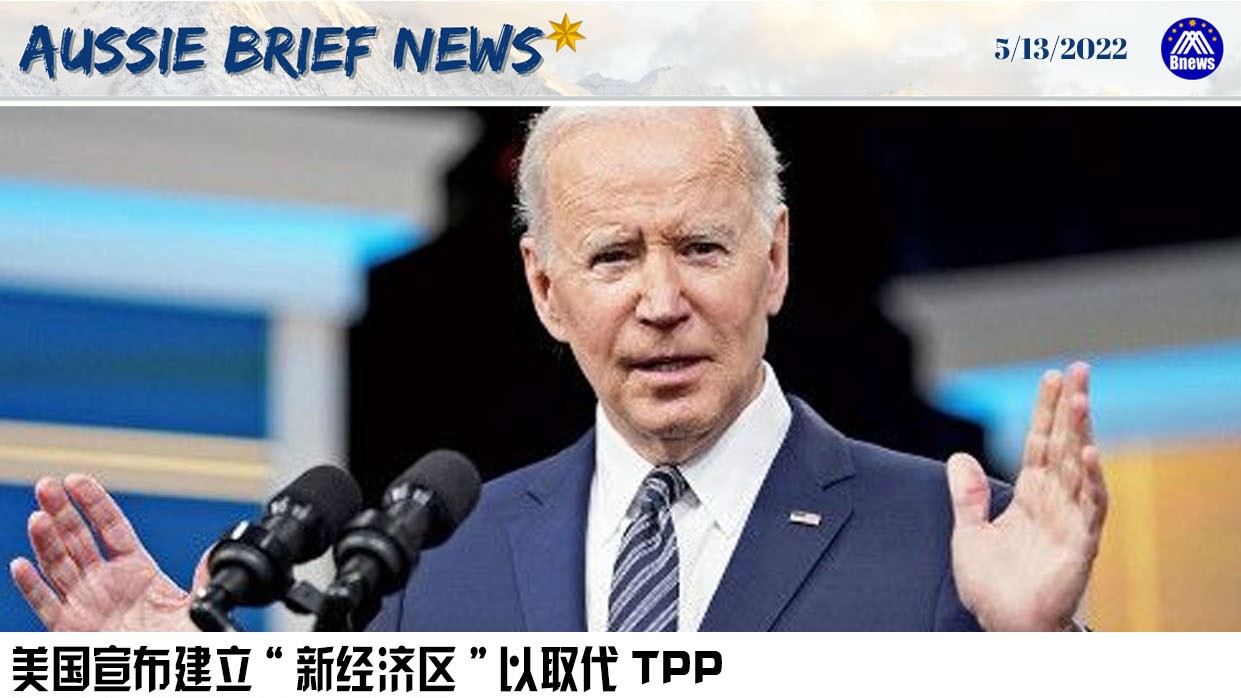
It was revealed that the Biden administration of the United States announced the establishment of a new economic zone concept, the Indo-Pacific Economic Framework (IPEF), at the Japan-US summit meeting held on the 23rd. The United States will take the lead and expect the participation of Japan, Australia, India, South Korea, and Southeast Asian countries. It aims to build an economic zone to counter China, which has joined the Regional Comprehensive Economic Partnership (RCEP), by creating rules for data distribution and coordinating in the supply chain (supply network).
IPEF was conceived by President Biden at the East Asia Summit in October last year. The United States aims to lead economic partnerships in the Asian region as an alternative to the Trans-Pacific Partnership (TPP), which the former Trump administration had withdrawn.
According to the people concerned, Mr. Biden, who will come to Japan, plans to announce the launch of IPEF on the 23rd. He is also considering holding a ministerial meeting with participating countries, including the accompanying Secretary of Commerce Lemond. Japanese Chief Cabinet Secretary Matsuno said at a press conference on the 10th, “We will work closely with Japan and the United States from a free and open Indo-Pacific.”
IPEF seeks participating countries in the fields of data distribution rulemaking and trade facilitation, supply chain, infrastructure development/decarbonization, tax/anti-corruption, etc., aiming for rulemaking and intergovernmental agreements.
In the United States, there are strong concerns about the adverse effects of employment on free trade agreements such as the TPP. IPEF does not aim to open the market, such as reducing tariffs. Negotiations may be difficult because Southeast Asian countries have little merit and have economic ties with China.

Aussie Brief News
Go to First Page and Get the Latest News.




